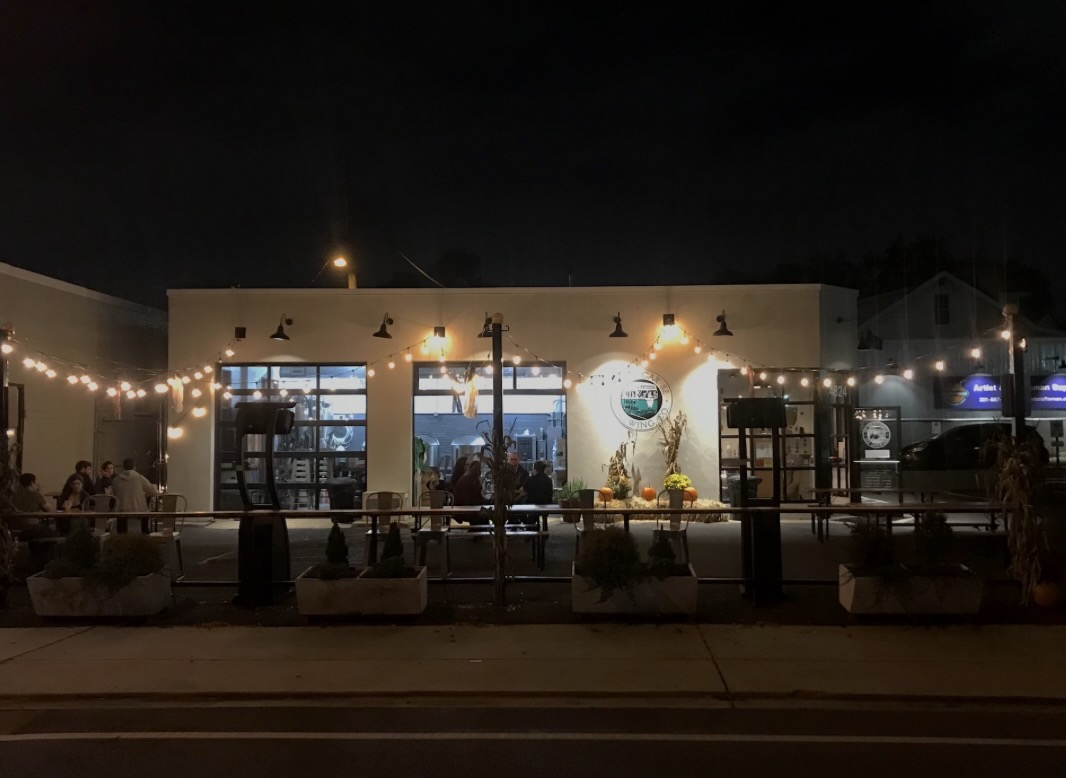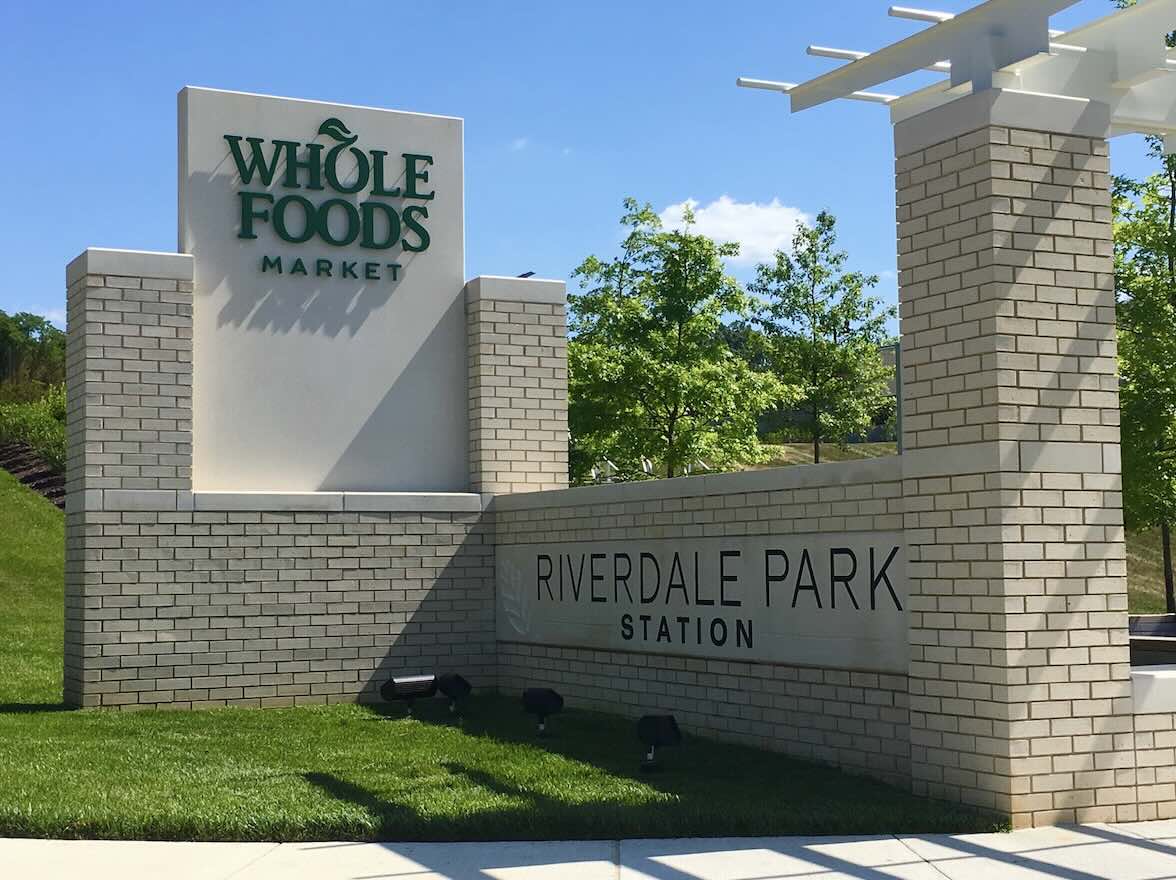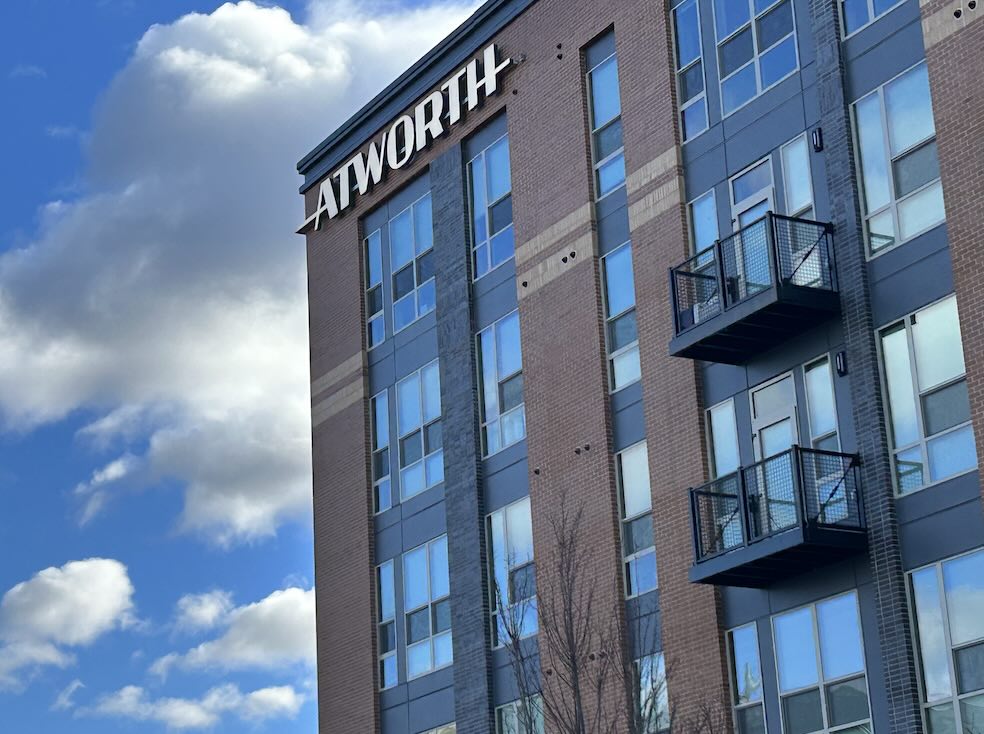
The city of Hyattsville began collecting food scraps this week, joining a growing effort along the Route 1 corridor and a movement that’s taking off across the United States.
Curbside composting programs lessen the amount of garbage headed to landfills, reducing the amount of methane, one of the most harmful greenhouse gases. They also cut costs while generating new income from the sale of compost.
University Park has long had curbside composting picked up in small white buckets with a screwtop lid, while College Park makes its own compost from yard waste and hopes to expand a food waste dropoff program to curbside composting eventually. The city of Mount Rainier has surveyed residents about picking up kitchen waste while some local businesses, like Vigilante Coffee, use a private composting pickup service.
Hyattsville now picks up kitchen food scraps and yard waste on Mondays from single-family homes, but not businesses or apartment buildings. The material is then sent to the Prince George’s Organics Composting Facility in Upper Marlboro that sells the compost in stores under the name LeafGro Gold.
The composting facility processes over 50,000 tons of material annually and is said to be the largest of its kind on the East Coast. In 2013, Prince George’s began composting food scraps from businesses including the University of Maryland, which was one of the first customers, and has since expanded its program to curbside composting. The county has been touted for its composting initiative by groups such as the Sierra Club and said to be a good example of curbside composting in the D.C. region.
Food waste makes up a little less than one-fourth of all waste headed to landfills, so it’s an obvious target as cities seek to reduce waste, especially as they have to pay more to truck waste farther away. Landfills are also the third biggest source of methane.
In San Francisco, composting is mandatory, helping the city keep about 80 percent of its waste from landfills.
In D.C., lawmakers are exploring to make curbside composting citywide over the next few years, but still have a way to go. In the meantime, in 2017 the city rolled out a weekly food-waste drop-off initiative where residents can drop off food waste which is then composted at local sites and at the Prince George’s Organics Composting Facility.
















This is wonderful news. On behalf of Laurel For Patuxent community environmental group in Laurel, MD we celebrate this initiative! Laurel also has a municipal curbside composting program and we’re delighted to see more communities participating in sustainability best practices. Keep it up Hyattsville!